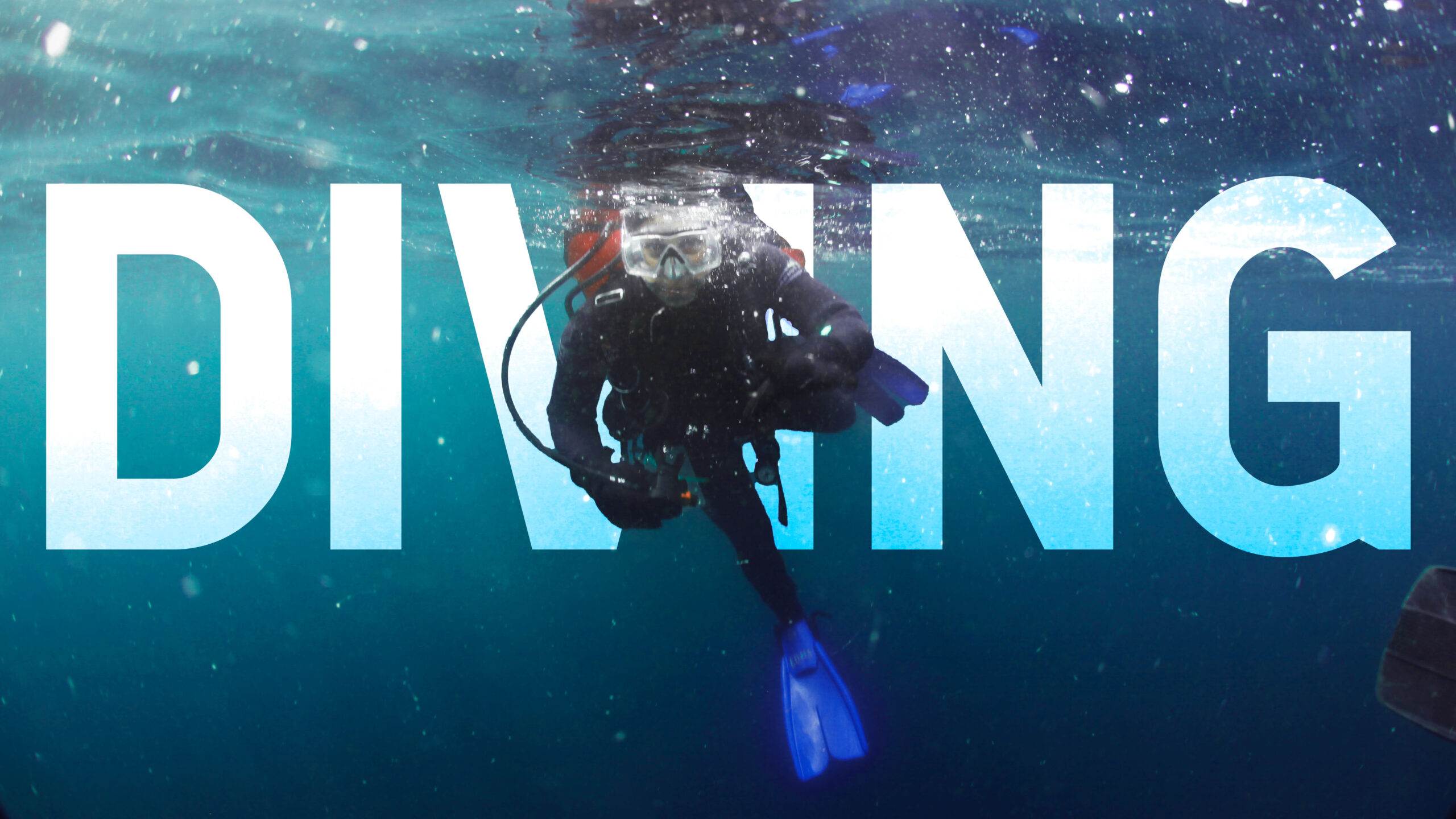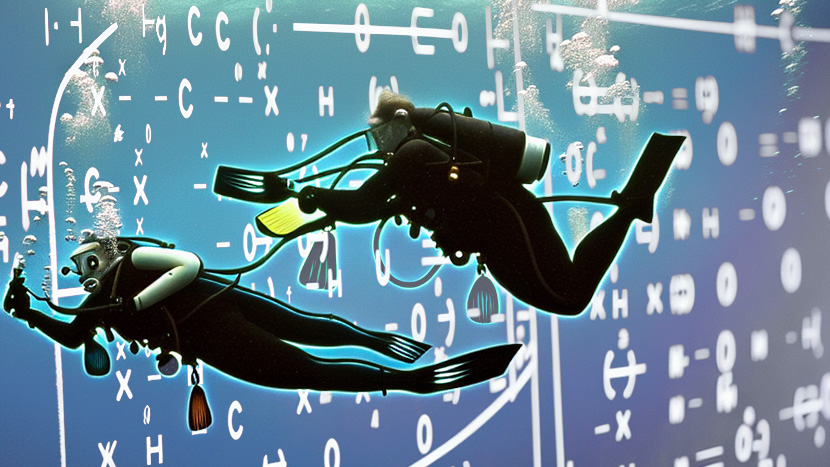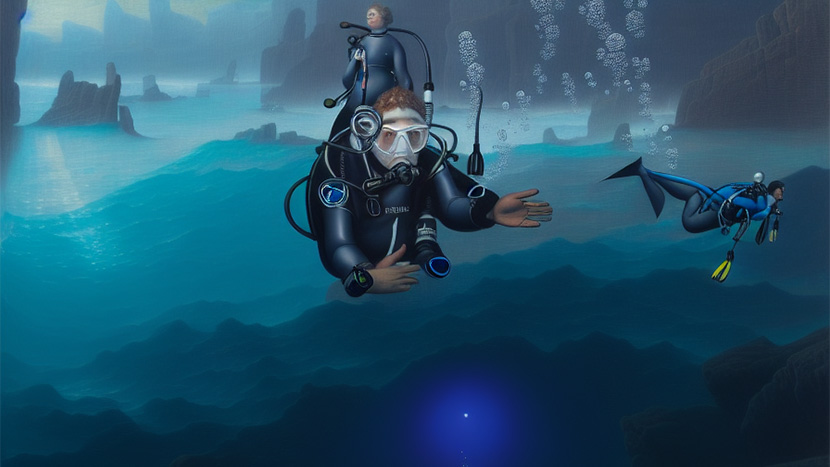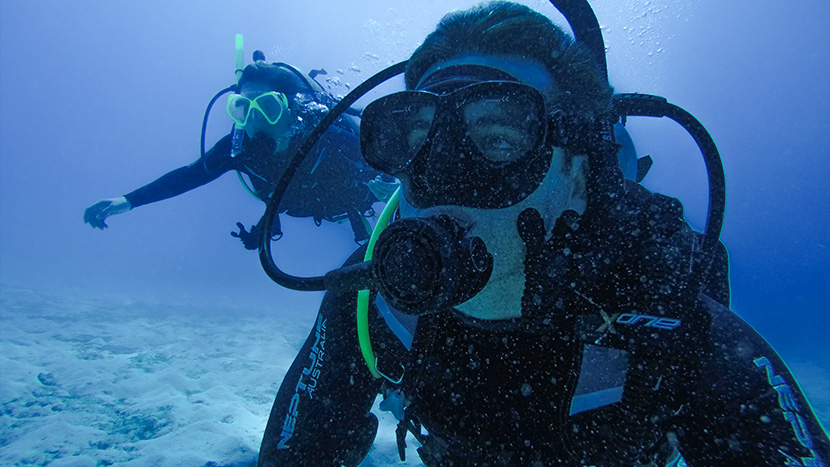The Science of Underwater Diving
Underwater diving can be an incredible experience, but that only happens if you understand the science that is behind it. Understanding how the laws of physics affect the body, including how it affects how we consume oxygen underwater, will help you be better prepared for what you will experience underwater. This article covers the essential science you need to understand before you go underwater diving.

Oxygen and Underwater Diving
Oxygen constitutes about 21% of the air we breathe. As a diver, you need a constant supply of oxygen which is supplied by scuba equipment. Scuba apparatus consists of a tank that contains compressed air which a diver carries on their back. A hose is attached to the tank and then to a mouthpiece.
The apparatus also consists of an air regulator that controls the flow of air, a face mask that covers the eyes and nose, and gauges for depth and the amount of oxygen remaining in the tank.
For diving applications, typical air is switched to nitrox (a mixture of nitrogen and oxygen) or trimix (a mixture of helium, nitrogen and oxygen). These mixtures have to be calculated precisely to avoid any issues with the supply of oxygen to the blood.
Laws of Physics
Underwater diving is a relatively safe activity, but it only remains so if you understand the laws of physics that affect it. In this case, what you need to think about and understand is pressure.

Everything has weight. The amount of pressure something applies depends on several factors, including its weight. The more of something there is, the more pressure it applies. For example, there is less air pressure at higher altitudes because there is less air. The opposite happens in underwater diving.
As the depth increases, the amount of water applying pressure around your body increases. Because water is about 800 times denser than air, it is much heavier and so you can experience an increase in pressure very quickly as you dive.
Because the depth you dive determines how much pressure your water is under, it is advisable to dive at shallower depths if you are not an experienced diver. You can then embark on additional training if you want to dive deeper. The maximum depth a recreational diver is expected to reach is 30 metres; however it is possible to go deeper than this if you have the technical skills.
Fortunately, there are lots of destinations where you can find beautiful waters of different depths that cater to divers of different experience levels. You can also learn to dive to different depths by taking the right classes. For example, those who go scuba diving around Malta and Gozo can take classes that will arm them with the skills required to go underwater exploring in different depths around the islands.
Biology Affecting Diving
Biology also plays a significant role when diving. Remember that an oxygen and carbon dioxide exchange takes place in the lungs. These filter sites are under strain as the water pressure increases the deeper you go. Additionally, water pressure does bring peripheral blood into the chest which affects your ability to exchange these cases.
This is the primary reason the air in a scuba tank is compressed. It is also compressed to ensure a diver breathes enough of it as they dive. This is because oxygen demand increases as one dives and this demand also increases due to the physical rigours of diving.
It is also important to understand that our bodies absorb more nitrogen the deeper we dive. This can produce a condition known as nitrogen narcosis which leads to confusion. This typically happens with those who primarily use nitrox. Because oxygen is denser than nitrogen, divers are likely to breathe more nitrogen the deeper they go leading to this issue.

Using Accurate Devices Helps
The technology used in diving has been improving over the years to a point where divers call the equipment they use computers. These computers calculate how deep they are, how long they can spend underwater at different depths, the direction they are swimming, as well as how much air they have remaining.
These computers can also advise when to take breaks. These breaks help divers relax so they reduce their oxygen demand while also giving the body time to get rid of the nitrogen that might have accumulated during the dive.
Furthermore, dive computers can also help divers when ascending. For medium to deep dives it is vital that decompression stops are countered in to the ascent. A dive computer can help a diver to time their length of time at each stop, enabling them to ascend safely.
There is a lot of science behind underwater diving. Physics and biology play a significant role, but we cannot forget the role technology plays in keeping divers safe at different depths.

































































































